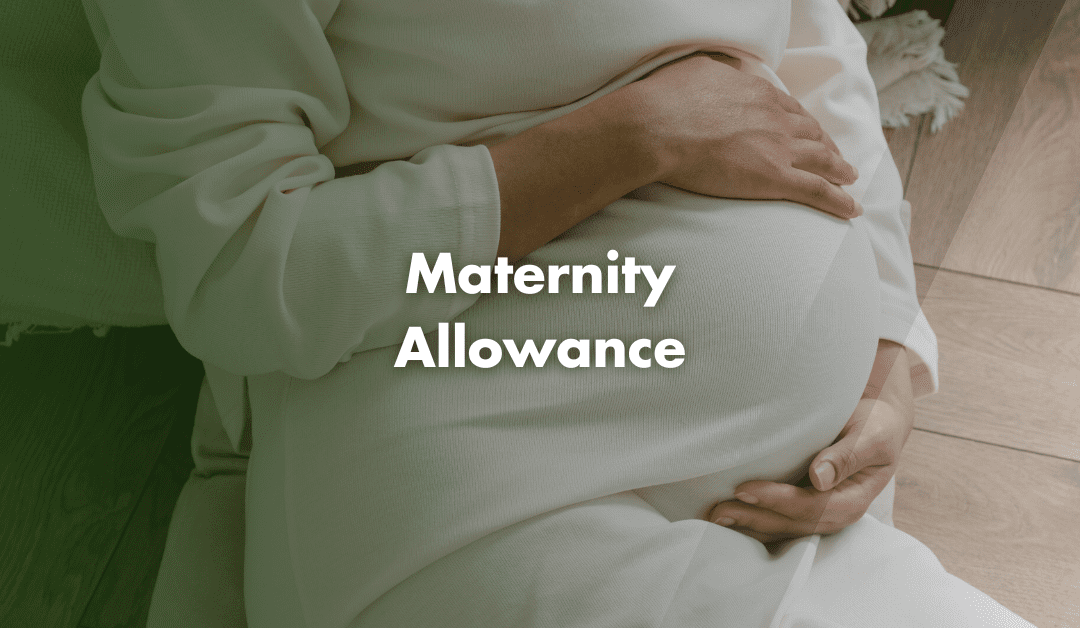What is Maternity Allowance?
Maternity Allowance supports pregnant women and new mothers who do not qualify for Statutory Maternity Pay. Often, self-employed women, those recently employed, or those who haven’t worked with their current employer long enough, do not qualify for Statutory Maternity Pay.
Eligibility Criteria
- You must have been employed or self-employed for at least 26 weeks in the 66 weeks before your baby’s due date.
- You should have earned a minimum of £30 a week in any 13 of those 66 weeks.
You can claim Maternity Allowance from as early as 26 weeks into pregnancy, and it is payable for up to 39 weeks. Eligible individuals will receive either £156.66 per week or 90% of their average weekly earnings, whichever is lower.
For those who have consistently paid Class 2 National Insurance Contributions (NICs), the higher rate applies. Otherwise, a lower rate may be applicable.
Application Process
Apply for Maternity Allowance using the MA1 form available on GOV.UK or at your local Jobcentre Plus. Along with this form, submit necessary documents such as proof of your earnings, your baby’s due date, and the details of your employment or self-employment status.
It’s advisable to apply at least three months before your baby is due to ensure timely payments.
Statutory Maternity Pay (SMP)
For those who are company directors and receive a regular salary, SMP is still viable option.
Eligibility for SMP
- You must have worked for the same employer for at least 26 weeks, ending with the 15th week before the expected week of childbirth.
- Your average weekly earnings should be no less than £123 before tax.
SMP is payable for up to 39 weeks, with the initial 6 weeks at 90% of your average weekly earnings before tax. Employers pay the following 33 weeks at either this rate or the prescribed standard rate, whichever is lower.
Claiming SMP as a Company Director
You will need to have the correct documentation, such as a MATB1 certificate, and claim SMP through your company’s payroll. Employers can recover most SMP costs by claiming 92% back through the Employer Payment Summary submitted to HMRC.
Additional Financial Support Options
While self-employed individuals can’t claim Statutory Sick Pay (SSP), other forms of support like Employment and Support Allowance (ESA) or Universal Credit may be available based on your circumstances.
Consider private insurance policies, such as income protection insurance, to cover periods when you’re unable to work.
Contact Us
We are not just accountants; we are Chartered Accountants with one of the most reputable and premium accounting bodies. We are registered and regulated by ACCA; so you can rest assured that you are in good hands. Knowing this, don’t hesitate to get in touch with us if you require assistance: Pi Accountancy | Contact Us

